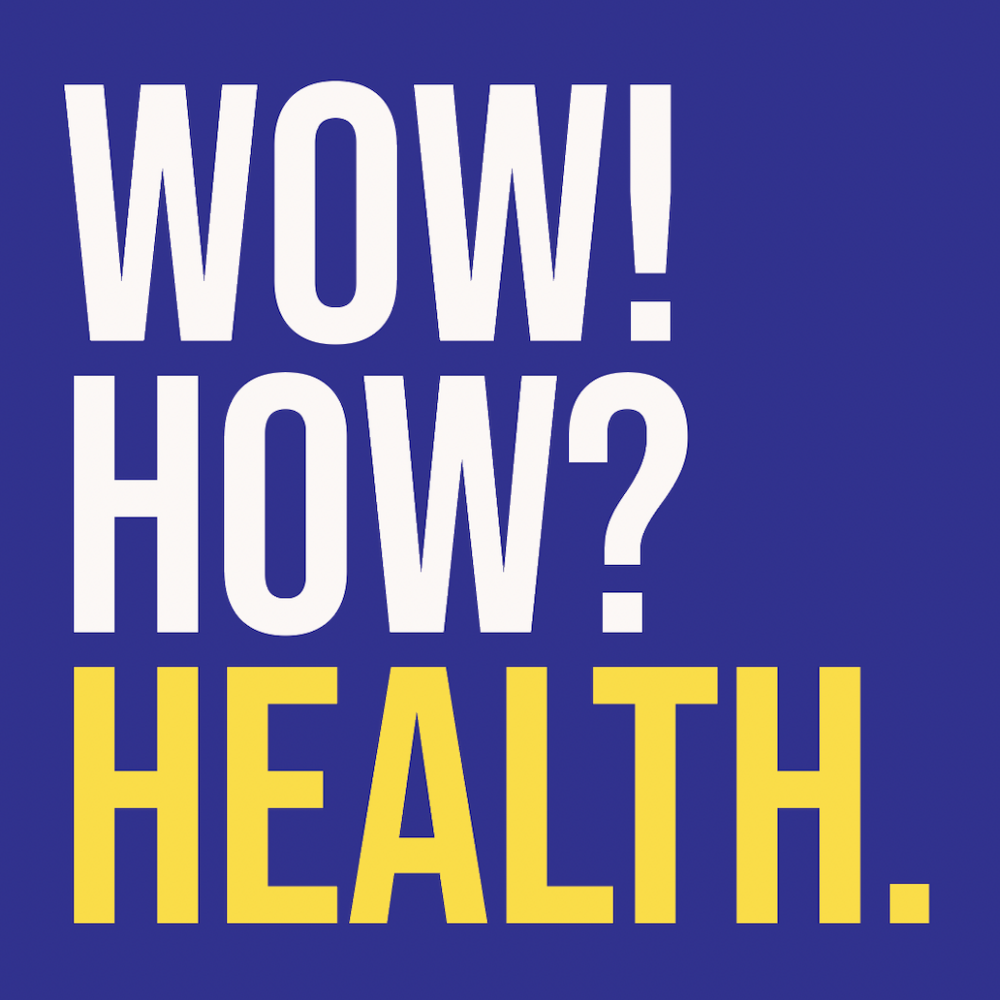
Until relatively recently, people living with diabetes were shut out of conversations about improving the devices that keep them alive. Device manufacturers saw clinicians as their customers, not patients, and nobody was asking them to change that stance, including the FDA.
Patients and their loved ones were grateful to have insulin pumps and continuous glucose monitors, but the early hardware was clunky and software updates – mired in an outdated regulatory structure – were unnecessarily and dangerously slow.
Few patient advocates foresaw the value of focusing on the right to access their own data and only one person had the moxie, intelligence, and skills to both raise the issue and propose solutions to corporate, industry and FDA leaders – and to do it in a way that made them listen.
Anna McCollister is an entrepreneur and health IT policy maven who lives with insulin-requiring diabetes. She was the one of the first to speak publicly about the need for standardized data formats, accessible data streams, and user-friendly software interfaces for diabetes devices. In the decade-long campaign for patient data rights and more rapid device software innovation, she worked closely behind the scenes with leaders of the American Diabetes Association, the FDA’s Center for Devices and Radiological Health, industry leaders and the diabetes hacker community. When necessary, she took the fight public, speaking at conferences, serving on advisory committees and organizing patient input into regulatory decisions.
For example, when the FDA was considering new guidance on APIs, Anna led an effort to organize more than 300 patients and parents to comment in favor of allowing manufacturers to make patient data streams accessible to other developers, a critical element in enabling medical device data to feed data to other devices, including smart phones. As a result, within two months of the guidance being finalized, people with diabetes were able to get their Dexcom device readings on an iPhone.
When I asked another leader of the diabetes rebel alliance, Howard Look, CEO of Tidepool, to describe Anna, he wrote:
In my nerdy engineering circles, we sometimes talk about people being “T” shaped, meaning they have both a very broad perspective, and also have at least one area where they can go very deep. From my perspective, that’s Anna.
I first interacted with Anna in 2013, and she’s one of the first people I met that had a very broad view of healthcare policy, and especially patient data rights, but also could go very deep talking about specific policies that were of benefit to the diabetes community.
What I appreciated most is that she identified what I was good at (software and data), and would make sure I was aware of things where my skills could help the cause. She is outstanding at reaching out and saying “Hey – you really should be on this panel” or “Hey – you need to be aware of this new draft guidance” or “Hey – you should be commenting on this policy, your voice matters here.” She makes sure the right stakeholders are involved in a way to maximize the odds of results and needed change.
Said in Rebel Health terms, she is both a Networker and a Solver in that she identifies the right people to be involved on a given topic, and makes sure that they come together and stay focused on solving the problem at hand.
She is also outstanding at providing a patient perspective with directness and candor. “That wouldn’t work for me, and here’s why….” or “This was my experience as a PwD (person with diabetes) interacting with that product/service.” She doesn’t mince words, and she gets right to the heart of the matter.
If you face a challenge that involves a highly-regulated area of health care – like patient data rights – look for a Networker-Solver like Anna. And if you are curious about the archetypes mentioned above, pre-order my upcoming book from MIT Press: Rebel Health: A Field Guide to the Patient-Led Revolution in Medical Care (release date: Feb. 13, 2024).
I confess I’m still puzzled by “Wow! How?” but you’re SPOT ON about the message and about Anna. And thanks for tying her to your archetypes!
Here’s the idea behind Wow! How? Health:
I have a ton of amazing stories about peer-to-peer health care & patient-led innovation that I could not fit into my book.
For each edition of the newsletter, I tell a Wow! story (like the diabetes rebel alliance winning a battle for accessible device data) and then tell How they accomplished it (in Anna’s case, raising the issue and proposing solutions that leaders could implement). Each edition also features one or more of the archetypes I introduce in Rebel Health: Seeker, Networker, Solver, Champion.
I’m cross-posting on my blog every once in a while because I find that these posts reach a different group of people AND it’s easier to share this link on Twitter, which seems to want to break LinkedIn links (no surprise).